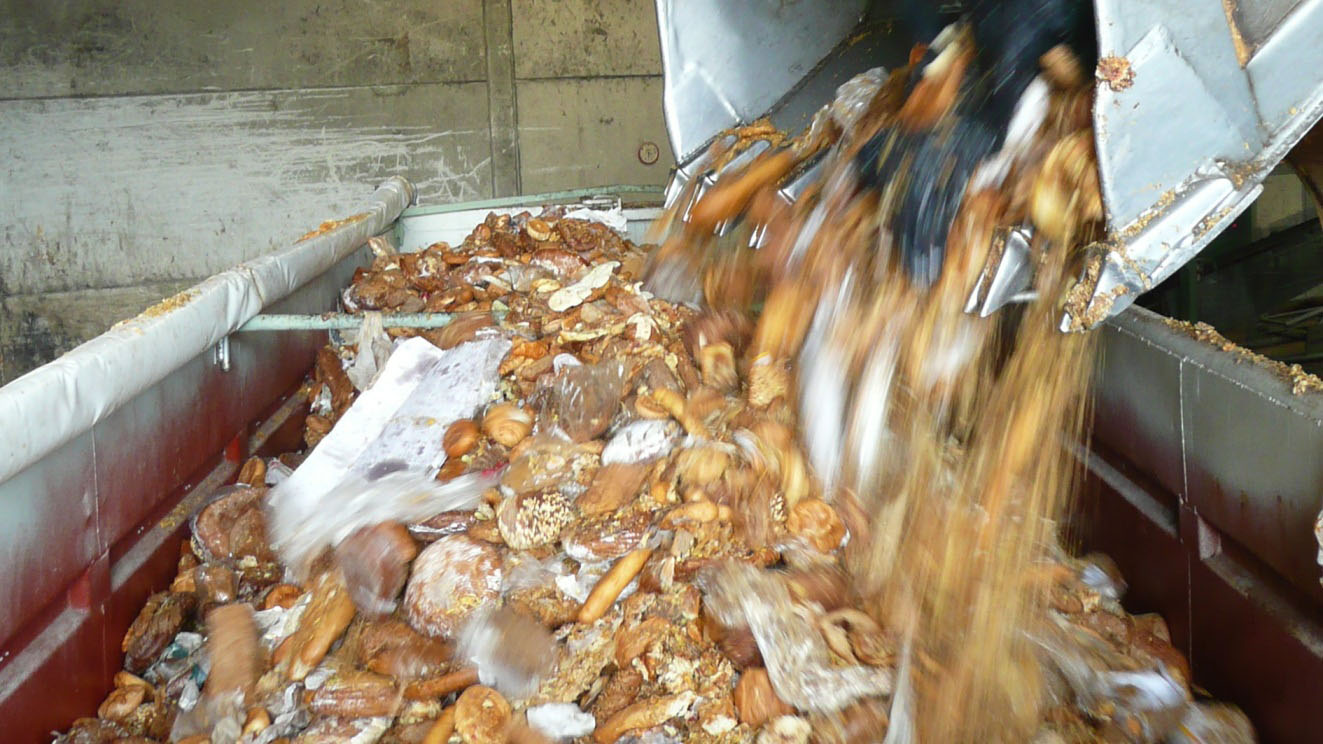For those who still take in movies at theaters it's a great season for garbage, and I'm not talking about the usual summer blockbuster fare. Last month, Fatih Akin's documentary "Garbage in the Garden of Eden" (aka "Polluting Paradise"), about a landfill project in the beautiful Cambrunu region of Turkey, opened in Tokyo, and later this month, "Trashed," a film that addresses refuse, particularly plastic refuse, as a global crisis gets a nationwide release. While Akin's film shows how uncontrolled waste-management policies can quickly and irreversibly destroy an entire community, "Trashed," produced and presented by Jeremy Irons, explains that the planet is already suffering the effects of our increasingly disposable culture in the form of polluted oceans and atmosphere. As Irons points out so convincingly, there is almost no place left to put our rubbish.
Another documentary slated to open in Tokyo later this month, "Taste the Waste," focuses on one form of refuse that is especially relevant to Japan: food. Though this German movie looks mainly at the issue in Europe, it travels east to see what's going on in the world's third largest economy. Consumer habits are at the root of the problem, but commerce is the main culprit since food production and distribution systems have adopted practices that make food loss unavoidable. Some of these practices have been mandated by authorities, usually in the name of food safety, but most arose out of perceived marketing necessity. The movie shows how in Japan as well as Europe (though not so much in America) wholesalers and retailers insist on uniformity in appearance for fresh food and constantly full shelves for processed foods. As a result, almost half the food produced for European consumers is thrown out before it even reaches the cashier. In 2010, it is estimated that the amount of edible food in Europe that ended up in the garbage could have fed "all the hungry people in the world" two times over.
In Japan, where media and industry conspire to convince people that they deserve only the best when it comes to eating, consumers are perhaps more sensitive to the problem of food waste, owing to memories of a time when going to bed hungry was not uncommon for the majority of the population. Also, Japan's food self-sufficiency rate of 40 percent is the lowest in the developed world, which means the bulk of Japan's food is imported and expensive. And yet a third of it ends up in the trash, which is less than the portion thrown away in Europe but still scandalous in light of the mottainai ("what a waste") sentiment that has traction on the Japanese consciousness. TV is almost schizophrenic on the subject, on the one hand wallowing in food porn for the masses and on the other presenting shows in which celebrities are tasked with feeding themselves on very limited budgets.

















With your current subscription plan you can comment on stories. However, before writing your first comment, please create a display name in the Profile section of your subscriber account page.